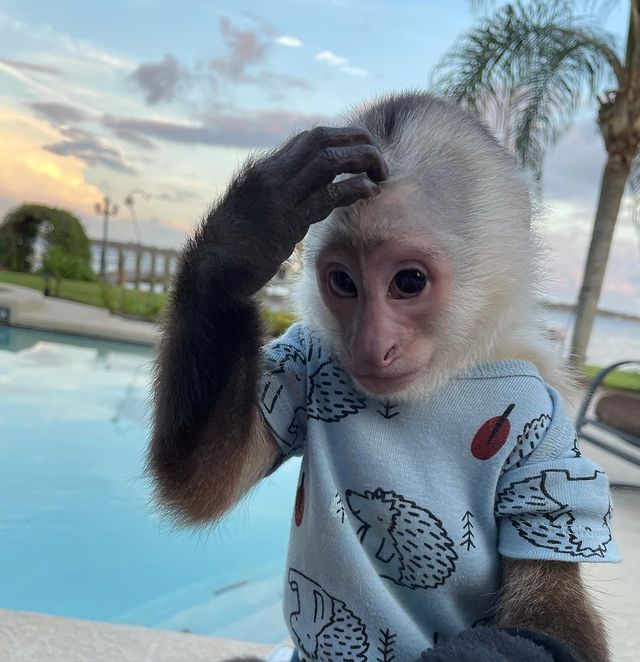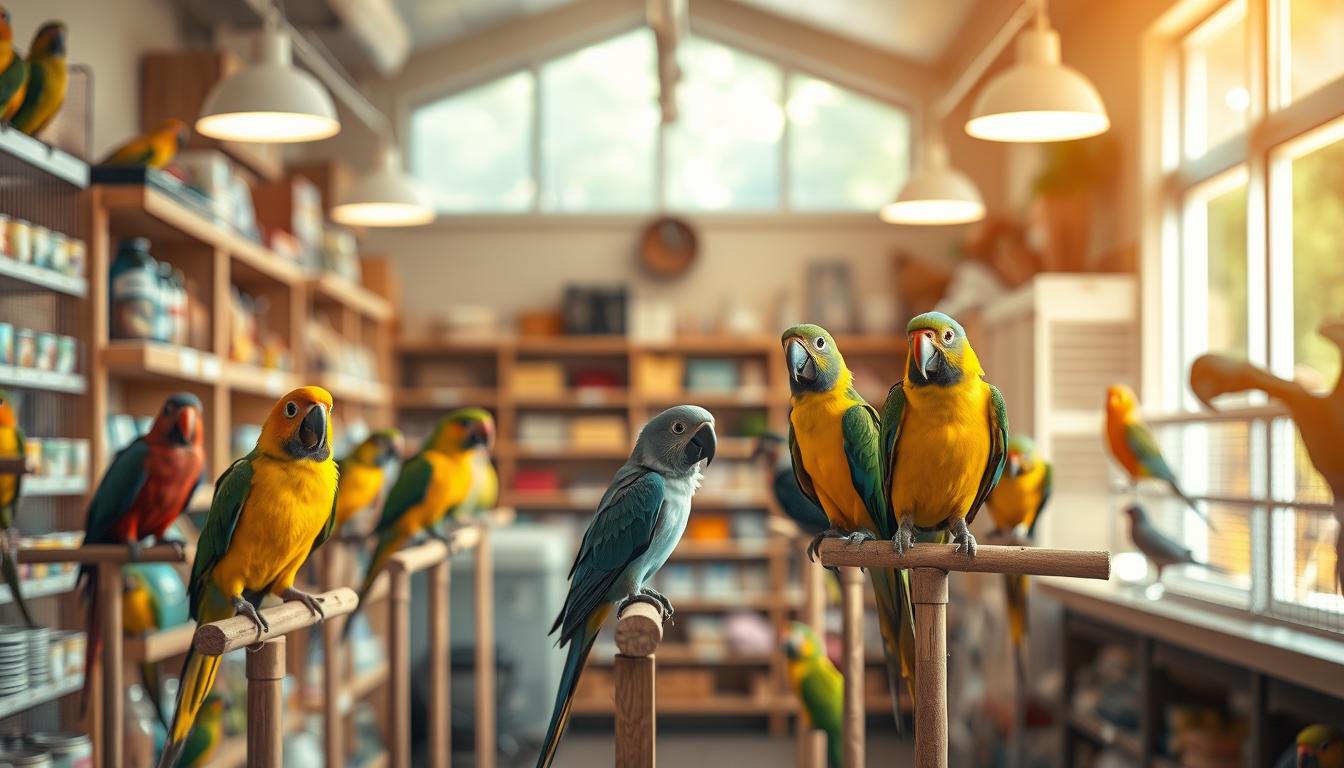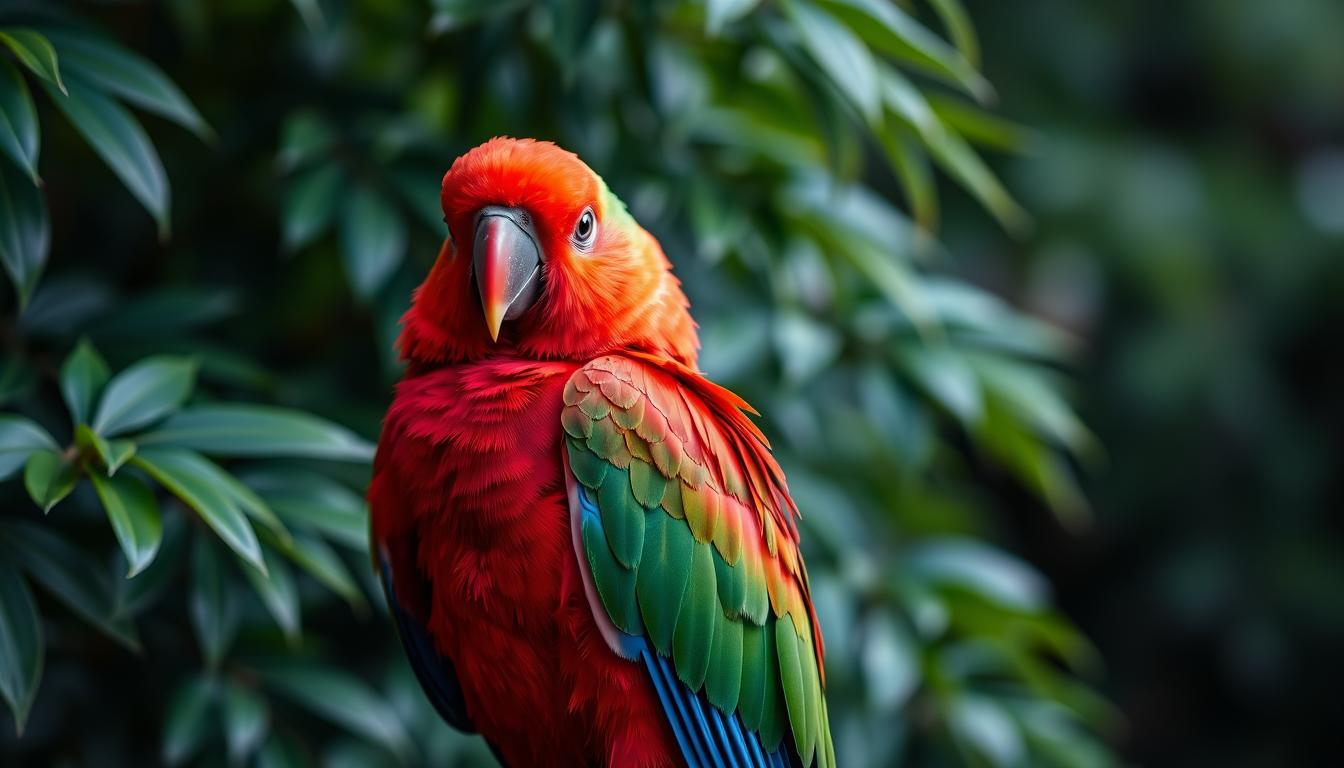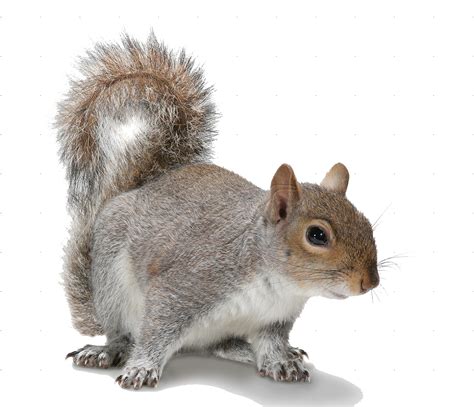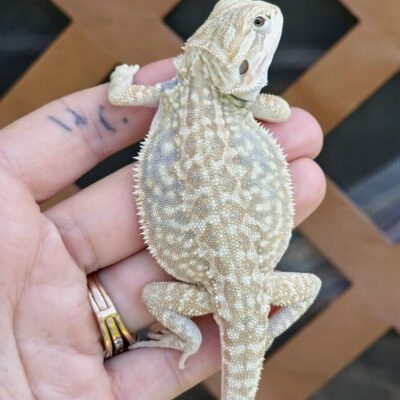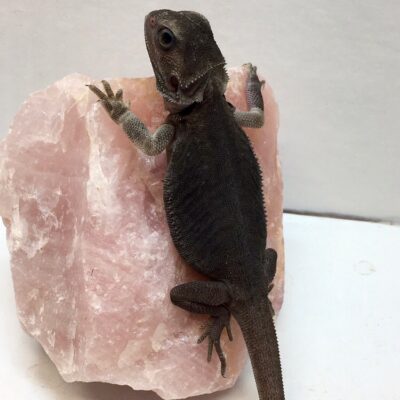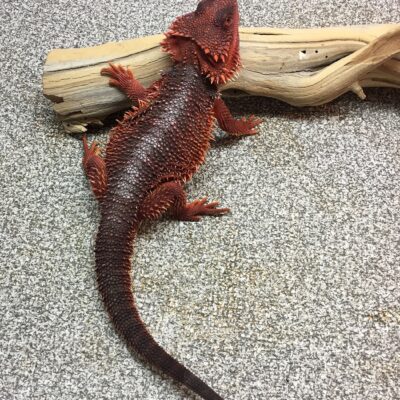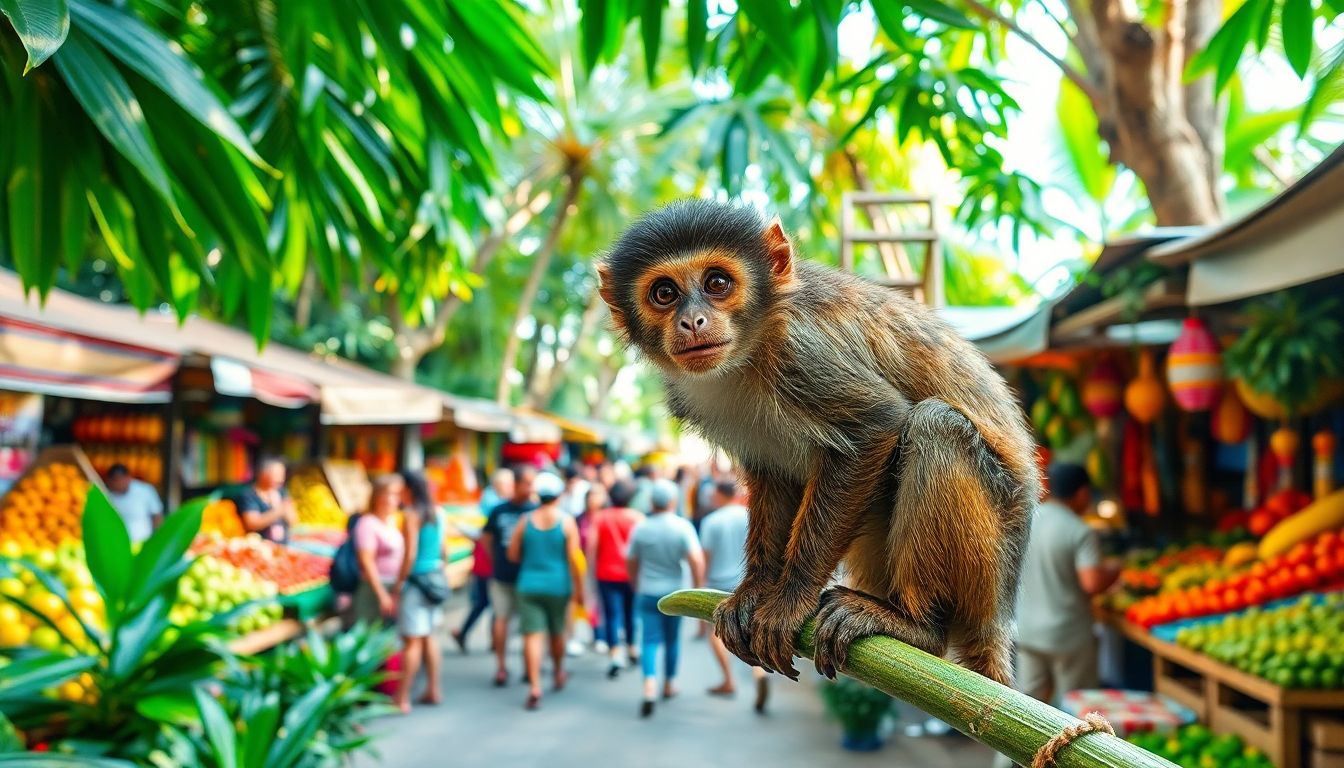
Can You Buy a Pet Monkey? Everything You Need to Know Before Bringing a Primate Home
Introduction
Many people dream of owning a pet monkey. Their playful nature, intelligence, and unique appearance make primates seem like the perfect companions. As exotic pets grow in popularity, more folks wonder if they can legally own a monkey. But owning one isn’t just about wanting a cute animal; it comes with big responsibilities, strict rules, and serious risks. Making an informed choice is essential before bringing a primate into your home.
The Legal Landscape of Buying a Pet Monkey
Understanding Federal and State Regulations
In the U.S., federal laws shape what kind of monkeys you can own. The Lacey Act and the Convention on International Trade in Endangered Species (CITES) regulate wild animal trade and protect endangered species. These laws make sure exotic animals aren’t illegally exported or kept as pets.
States and local governments also have their own rules. Some states ban all primate ownership, while others allow specific species under certain permits. You must research the laws in your area before considering buying a monkey. No matter where you live, pulling permits and following regulations is a must.
Restricted and Prohibited Species
Many primates are off-limits for private owners. Common banned species include chimpanzees, gorillas, and orangutans because they’re close to humans and can be dangerous. Smaller monkeys like capuchins and squirrel monkeys might be allowed in some places, but only with permits.
The reason for these bans? Conservation worries, the safety of owners, and ethical questions about keeping wild animals as pets. Keeping a monkey that is meant to live in the wild often damages their chances of survival in nature.
Consequences of Illegal Ownership
Getting caught owning a monkey illegally can lead to big fines, jail time, or both. You might also have your pet taken away and face criminal charges. Besides legal trouble, illegal owners harm conservation efforts because many primates are endangered.
A real example? Some pet owners went to jail after illegally transporting monkeys across states. These cases often make the news and remind everyone how serious the issue really is.
The Costs and Responsibilities of Owning a Pet Monkey
Financial Expenses to Consider
Owning a monkey isn’t cheap. The initial cost can be high — buying or adopting a primate, building a safe enclosure, and buying specialized supplies. Expect to spend thousands at the start.
Ongoing expenses are also heavy. Monkeys need excellent diets, regular vet visits, toys, and space to play. Emergency medical bills can skyrocket if your pet gets sick, so budget for unexpected costs. Keep in mind, a monkey’s care might set you back over $10,000 a year.
Caregiving Challenges and Daily Responsibilities
Primates have special diets. Some need fruits, vegetables, and high-quality monkey food. They also crave mental stimulation, so providing puzzles and toys is vital. Without enough enrichment, they can become stressed or develop bad habits.
Social needs are crucial. Monkeys are highly social animals and require companionship from their kind. Without social interaction, they may become aggressive or depressed. Regular social time is your responsibility as an owner.
Ethical Considerations
Is it right to keep wild animals as pets? Many argue no, because it forces animals out of their natural homes and causes suffering. Also, supporting the pet trade can harm wild populations. Instead, consider adopting from shelters or volunteering at sanctuaries that care for rescued primates. Your support can make a difference without adding to the demand for wild pet trade.
Choosing the Right Primate: Species, Size, and Temperament
Popular Pet Monkey Species and Their Characteristics
- Capuchins: Very smart and social, but they can be mischievous and hard to handle.
- Squirrel monkeys: Active and playful, yet need lots of space and attention.
- Macaques: Larger and often more aggressive. They require experienced care and ample room.
Factors Affecting Suitability as a Pet
Size matters. Big monkeys need bigger enclosures, more food, and more supervision. Temperament counts too. Some species might be more aggressive or unpredictable, making them less suitable for families.
Long-term commitments are essential. Monkeys can live 20-40 years, so owning one is a lifelong responsibility.
Alternatives to Buying a Monkey
Wish you could support primates without taking one home? Many rescue groups and sanctuaries need volunteers or donations. Supporting these organizations helps care for animals that can’t live as pets and promotes conservation.
Practical Tips for Prospective Monkey Owners
Ensuring Proper Diet and Healthcare
Talk to exotic pet vets to learn the best diet for your monkey species. Regular check-ups prevent many health issues. Never skimp on professional advice — primates have complex needs.
Building Social and Mental Stimulation
Offer toys that challenge their minds. Rotate toys to keep their environment interesting. Spend time with them daily, paying attention to their cues and moods. A stressed monkey shows signs like self-mutilation or aggression.
Legal and Ethical Due Diligence
Always verify if owning a monkey is legal beforehand. Supporting conservation by adopting animals from shelters or donating to primate causes is wiser than buying from a dealer. Responsible ownership starts with research.
Conclusion
Owning a pet monkey involves much more than just a desire for a cute animal. The legal restrictions, high costs, and ethical dilemmas make it a tough choice. Many primates face extinction or suffering because of the pet trade. If you truly care about these intelligent creatures, consider supporting sanctuaries and conservation groups instead.
Owning a monkey is a lifelong commitment that should not be taken lightly. Think about whether your lifestyle can handle their needs. Sometimes, the best way to help primates is by giving your support to organizations that protect their natural habitats. With awareness and responsibility, we can make a real difference for these amazing animals.

